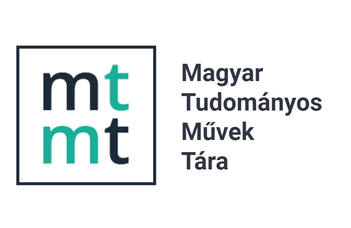THE HUNGARIAN PENSION SYSTEM: THE PRESENT AND A POSSIBLE FUTURE
Keywords:
pension system, challenges, private-then-state model, Voluntary mutual pension fundsAbstract
Legislators in European countries need to perform reforms due to the problems caused by the ageing society and the decline of contribution-paying citizens. In the case of pay as you go pension systems, if the incomes decrease and the pension expense increases, state budget support becomes necessary in order to upkeep financial balance. The traditional toolset to establish this balance and decrease the need of state support (increase in contributions, cutback of benefits, raise of pension age) may prove to be insufficient in the future. The auxiliary pension systemsʼ may count on a growing role in establishing old-age financial security, thus the sufficient regulation and the optimal connection thereof to the state pension systems is a focal issue in European countries. The European Commissionʼs Green Book on the route to the adequate, sustainable and secure European pension systems
(2010) and the White Book on the roadmap of adequate, secure and sustainable European pensions (2012) confirm the future emphasis of the significance of auxiliary pension systems in establishing old age security.




